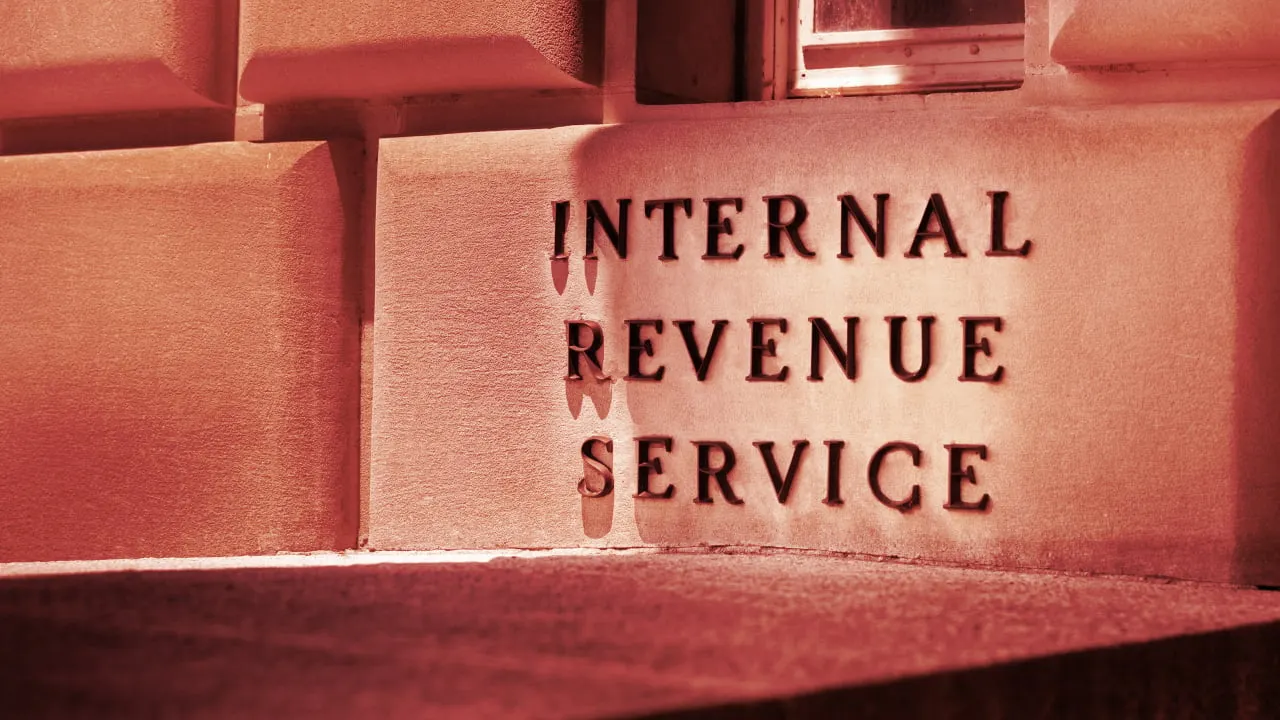A California court has given the U.S. Internal Revenue Service permission to issue a “John Doe” summons to prime brokerage SFOX.
If issued, the summons would seek both user identification and transaction records for anyone who completed at least $20,000 worth of transactions from 2016 through the end of 2021.
In a memo about the SFOX summons, Hubbert wrote that IRS Agent Seng Lee has identified 10 different taxpayers believed to be SFOX customers who are suspected of skirting tax laws.
Those taxpayers include a person who was “allegedly involved in a Ponzi scheme” and received approximately $1 million in deposits through SFOX, but did not report it to the IRS in 2016, 2017, or 2018. The DOJ and IRS are also seeking information on a “Youtube creator and online gambler” who the IRS estimates received approximately $120,000 in cryptocurrency from their subscribers, exchanged it for U.S. dollars through an SFOX account, but did not report it on their tax return.
“The information sought by the summons approved today will help to ensure that cryptocurrency owners are following the tax laws,” Deputy Assistant General David Hubbert said in a press release on Tuesday.
The approval for a summons does not mean that SFOX is suspected of any wrongdoing. But it means SFOX would need to provide a list of all the users who meet the government’s criteria. Then the tax regulator would compare the names and transaction histories with other data to determine if people have violated tax law.
SFOX did not immediately respond to Decrypt’s request for comment.
It’s the latest sweep by the Department of Justice and IRS to round up crypto traders who failed to report transactions on their tax returns.
In 2017, courts gave the IRS permission to issue a John Doe summons to Coinbase. That resulted in the company sharing information on approximately 14,000 of its users. Last year, courts again approved John Doe summons to be issued to Kraken (despite some initial pushback) and USD Coin issuer Circle (along with Poloniex, which split from Circle in 2019).
The other taxpayers described in the memo include people who deposited thousands worth of Bitcoin and other cryptocurrency in SFOX accounts, exchanged it for dollars, transferred the money to personal bank accounts, and then failed to report any gain or loss from the transactions.

